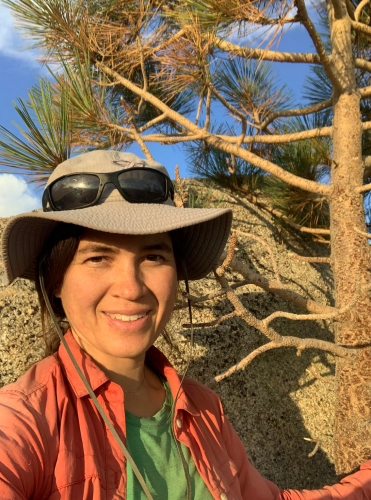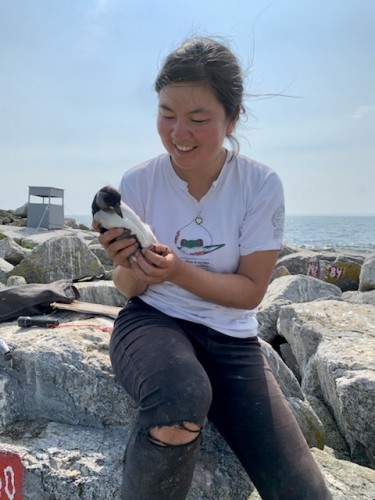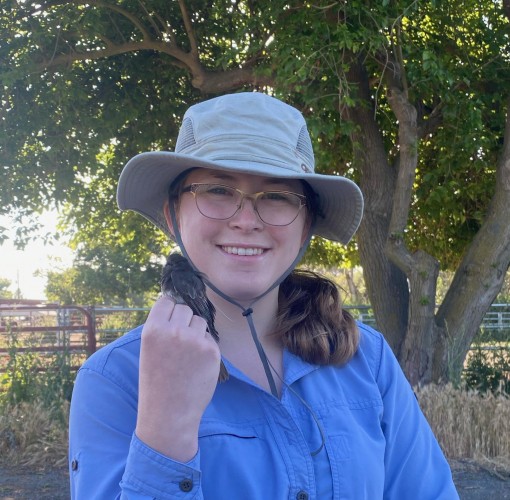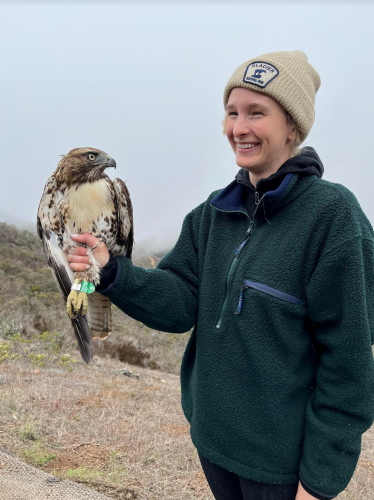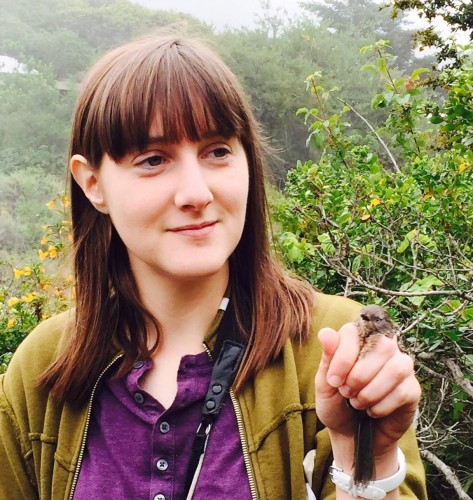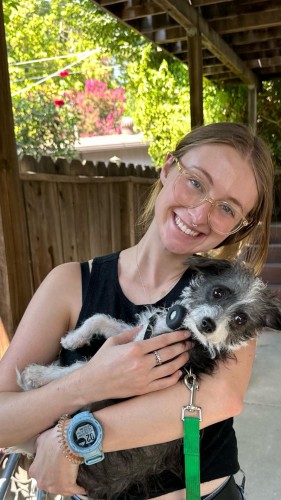Meet Our 2023 CCSIC Fellows
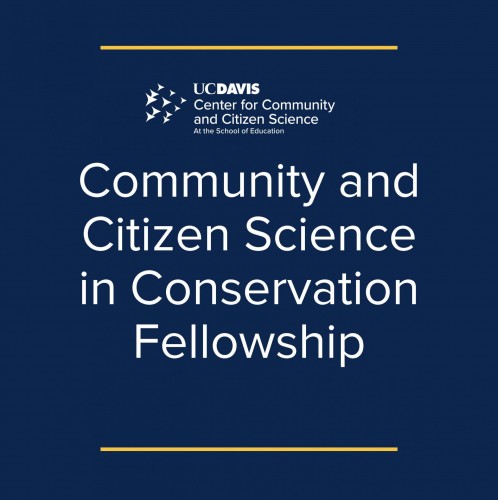 Congratulations to the 2023
Community and Citizen Science in Conservation Fellows! We are
excited about the projects these early career scientists are
pursuing. Each one demonstrates creativity and innovation in
community and citizen science. Learn more about the CCSiC
Fellowship program here, and stay tuned for
more updates from our fellows over the course of the next year.
Congratulations to the 2023
Community and Citizen Science in Conservation Fellows! We are
excited about the projects these early career scientists are
pursuing. Each one demonstrates creativity and innovation in
community and citizen science. Learn more about the CCSiC
Fellowship program here, and stay tuned for
more updates from our fellows over the course of the next year.
Jennifer Cribbs – The Chairlift Botanist
A lot of people ride chairlifts through the treetops everyday during the winter. This creates the opportunity to document tree mortality with greater temporal accuracy. This project would help push the field of ecology to learn from the social science methods in addition to providing frequent observation of tree decline due to bark beetles and pathogens like white pine blister rust.
Kay Garlick-Ott – Brushstrokes for Birds: A Public Engagement Project
I have co-developed a public engagement project with the National Audubon Society Seabird Institute that combines art and seabird appreciation. Participants will paint 5×5 canvases, inspired by seabirds of Maine, for display at a local venue. Through engagement, this project seeks to raise awareness around local restoration efforts, as well as seabird conservation globally.
Sage Madden – Project Phoebe
Project Phoebe is a research effort investigating the effects of high temperatures, pollution, and other stressors associated with urbanization on the behavior, physiology, and reproduction of a local songbird species, the Black Phoebe. Community scientists are integral to the project, and we seek to involve them in various stages of our research by surveying them about their observations of urban birds, training team to search for Phoebe nests, and leading workshops on community science apps such as NestWatch and eBird that highlight how our project uses data from them.
Mary Badger -Messy Beaks
My proposed study introduces an approach that integrates eBird citizen science data with advanced environmental (eDNA) metabarcoding techniques. By uniting cutting-edge environmental DNA methods with the active involvement of citizen scientists, this study not only addresses the existing knowledge gap regarding migrating raptors’ diets but also underscores the power of community engagement in scientific research. This study will advance our comprehension of avian migration and exemplify the potential of community scientific discovery.
Jessica Greer – A wrong turn to the right destination?
The Rufous Hummingbird is a small, feisty species that breeds in North America and typically migrates south to overwinter in Mexico – however, it seems that not all Rufous got the memo, and some individuals have developed a novel migratory route and overwintering grounds in the SE United States. I hope to work with the already-engaged, citizen scientists in the SE to install trail cameras next to hummingbird feeders and use a combination of video and survey data to address these questions. While this relationship would start with a conversation on whether they would also be interested in this question, or in participating in such a project, I think I could learn a lot by joining forces with a group of citizen scientists that have established THEMSELVES as a force of nature in their community.
Jadda Miller – Cultivating Youth and Community Resiliency a Citizen Science Approach to Land Stewardship for Wildfire Mitigation in Hawaiʻi
This community and citizen science project, empowers youth living in Maui, Hawaiʻi with the knowledge and skills to mitigate catastrophic wildfire through landscape assessment, native plant cultivation, and traditional Hawaiian land stewardship practices.
Grace Horne – I LUV BUGS!
I LUV BUGS! will help participants develop a sense of connection to the natural world by encouraging them to discover tiny insect worlds in their backyard. Given that many insects are active at night when humans are not, monitoring efforts for nocturnal species are lagging behind their diurnal counterparts. “I LUV BUGS!” will help bridge this gap by providing inexpensive tools for citizen scientists to discover their night-active arthropod neighbors.Using simple, DIY UV technology, participants will develop transects to monitor the insect life in their area. Targeted groups will be summer camps in the Sacramento and Bay areas, spanning urban to rural land.
Thank you to our partners at the Institute for the Environment and the Coastal and Marine Sciences Institute for making this fellowship possible!

